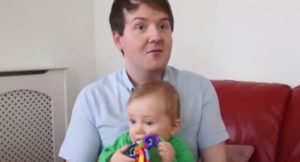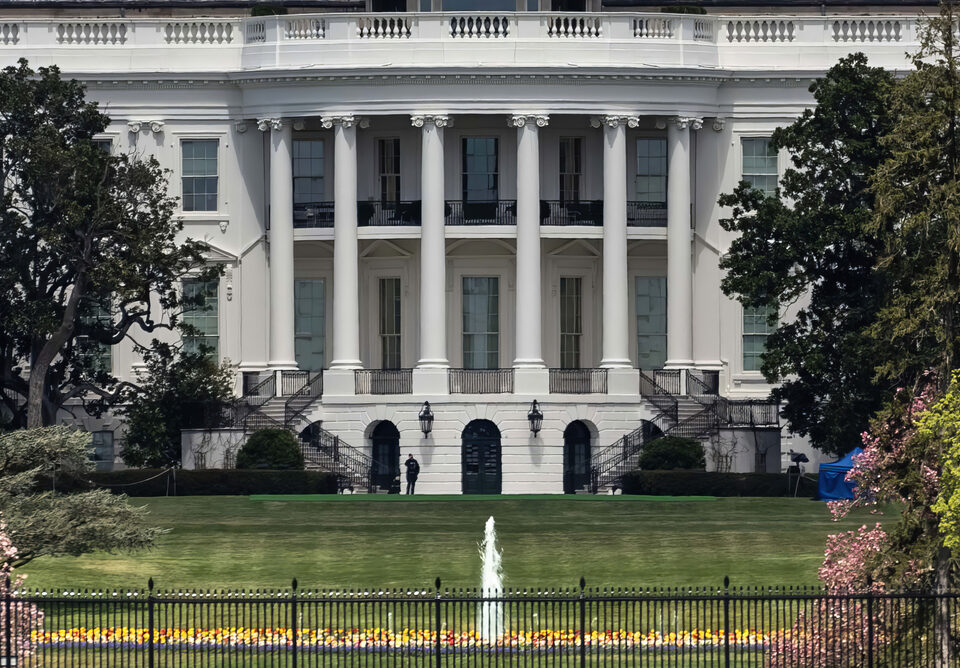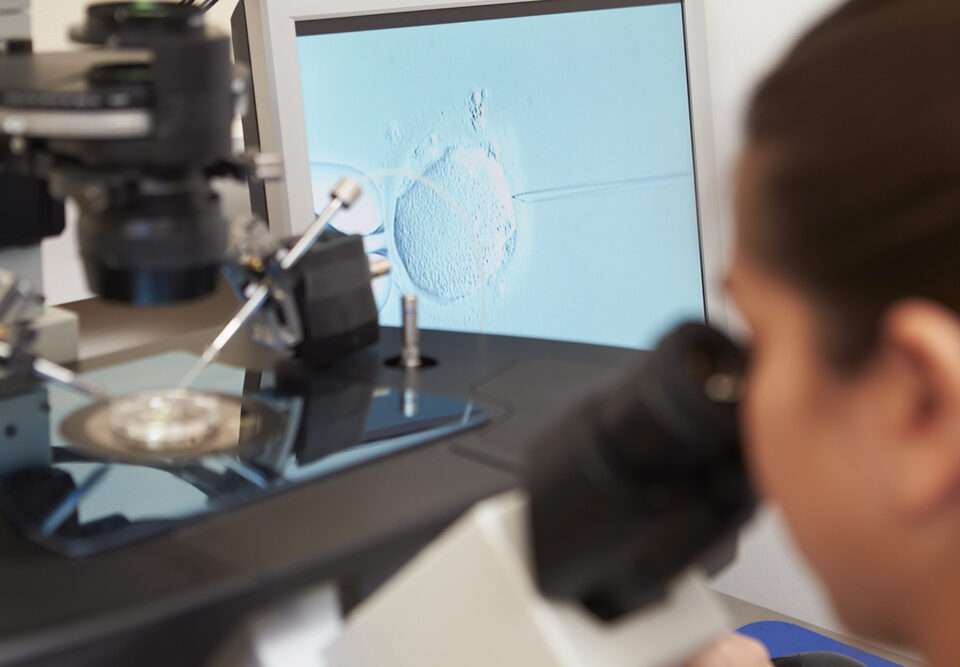Baby Gammy is Declared to be an Australian Citizen
三月 28, 2015Texas Dads Deprived of Services by Texas Surrogacy Clinics
四月 2, 2015
 This recent story hailing from the United Kingdom has surged a wave of dialogue. It’s not something that one often stumbles upon in the media in terms of surrogacy.
This recent story hailing from the United Kingdom has surged a wave of dialogue. It’s not something that one often stumbles upon in the media in terms of surrogacy.
While one group is cheering another is quite baffled by the scenario.
A woman decided to help her gay son become a father by being his surrogate. And according to the new father, Kyle Casson, 27, using his mother as his gestational carrier wasn’t his first choice.
According to NewNowNext.com, Casson was in search of a surrogacy agency to help him but his requests were met with denials because he was a single parent. Reporter, Joe Ehrman-Dupre, writes that following so many rejections, he turned to his family for help and his mother decided to carry the baby.
One thing needs to be made perfectly clear. An egg donor was used. Casson’s mother, Anne-Marie Casson, 46, is not the biological mother of this child.
As Miles turns eight-months-old, Kyle has just been designated by the courts as his adopted father.
Ehrman-Dupre reports, “British law forbids children from being adopted by a single parent, but since Miles and Kyle are technically brothers, the High Court made an exception, though Kyle’s father is listed on Miles’ birth certificate ‘because he consented to the pregnancy.’”
Casson is fully aware that there are people out there who are voicing some harsh disapproval, finding the whole scenario unsettling.
In response to the verbal backlash, Casson told The Daily Mail, “As people can provide a home, and they have the support, I don’t see why anyone should be denied the right to be a parent.”
Casson’s mother has told the media that the baby is in no way “biologically tied” to her. In the same breath, Miles is her grandson.
She shared with reporters, “I love being a parent, and for Kyle to experience that, I would do that for him.”
As this story settles into its very own discussion niche, legal commentaries have emerged from within and outside the courtroom.
According to Thaddeus Baklinski of LifeSiteNews.com, “The UK’s 2008 Human Fertilization and Embryology Act, which governs surrogacy arrangements, generally discourages surrogate mothers from acting on behalf of a single parent. Under the law it is illegal to hand over a child to only the biological father. Instead, the child must be given to a couple ‘in an enduring family relationship.’” He continues, “However, in this case a judge ruled that while Anne-Marie Casson and her husband are the legal parents of the child, Kyle can legally adopt the baby boy, because the newborn and his father are brothers.”
He also quotes High Court Justice Theis in her ruling which said the following: “Miles was born following a surrogacy arrangement whereby the gestational surrogate was [the man’s] mother. [Her husband] fully supported this.”
Theis called this arrangement unusual, and to her knowledge, something that the court has not faced before.
While this arrangement was rare, Baklinski writes that Theis said that the ruling fell under lawful considerations and relevant statutory provisions.
Theis told the court the arrangement was, “entered into by the parties after careful consideration, following each having individual counseling and with all the treatment being undertaken by a fertility clinic licensed by the Human Fertilisation and Embryology Authority (HFEA).”
According to Baklinski, critics have called this ruling “dubious” in tandem with a cry for reform. By remodeling the Human Fertilization and Embryology Act, they hope to ward off future abuses of this kind.
Baklinski quotes a policy analyst and writer, Jill Kirby, telling the Telegraph that she found this surrogacy arrangement to be, “very disturbing that any mother would consider it healthy or appropriate to give birth to her son’s child.” She continued, “What is even more worrying is that the High Court has granted the son an adoption order, partly based on the ‘closeness’ of the relationship between the family members involved.”
My question is how does this surrogacy arrangement differ from a sister, aunt or cousin carrying a baby for a family member in need?
Really, there is none.
The argument from the start was Casson’s relationship status.. His attorney had the wherewithal to know the legal framework within the United Kingdom and reframed it so Casson could finally experience fatherhood.



